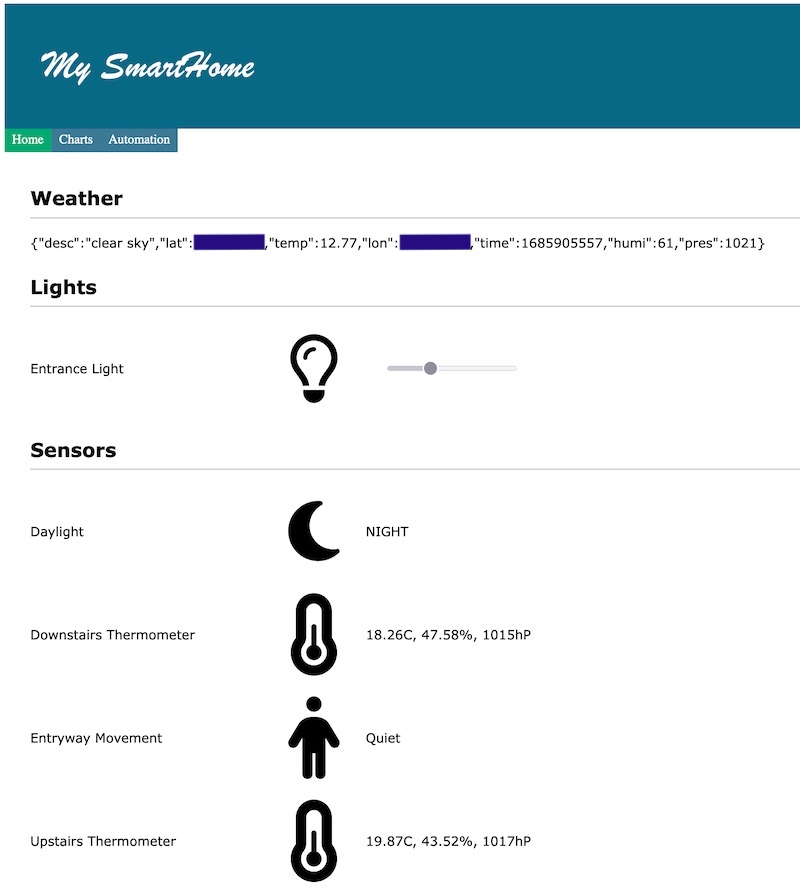

If hours_of_work = 1 and 5 then return 0.06 DECODE statement that will return the following:.

The date example illustrated above can also be modified as follows:ĭECODE(SIGN(date1-date2), 1, date2, date1) The formula below equals 0, if date1 is greater than date2: Otherwise, the DECODE function should return date1ĭECODE((date1 - date2) - ABS(date1 - date2), 0, date2, date1)

And converts the return value to the same data type as the first result.Įxample: If the first result has the datatype CHAR or if the first result is null, then Oracle converts the return value to the data type VARCHAR2. Oracle converts expr and search values to the datatype of the first search value before comparison. If a previous search is equal to expression, the evaluation is terminated. It evaluates search values only before comparing it to expression rather than evaluating all search values. Oracle Database uses short-circuit evaluation. The returned String is of VARCHAR2 datatype and is in the same character set as the first result parameter. expr, search, and the result can be any of the datatypes CHAR, VARCHAR2, NCHAR, or NVARCHAR2. If expr and search are character data, then Oracle compares them using non-padded comparison semantics. If the first search-result pair is numeric, then Oracle compares all search-result expressions and the first expr to find the argument with the highest numeric precedence, converts the remaining arguments implicitly to that datatype, and returns that particular datatype. Numeric types (NUMBER, BINARY_FLOAT, or BINARY_DOUBLE).If default is omitted, then Oracle returns null. If a match is not found, then default is returned. If expression is equal to a search, then the corresponding result is returned by the Oracle Database. DECODE compares the expression to each search value one by one. In Oracle, DECODE function allows us to add procedural if-then-else logic to the query.

The topics which are going to be covered are: We will be learning the various ways to use DECODE, its syntax and understand it with examples. In this blog, we will try to get a complete understanding of DECODE function in SQL.


 0 kommentar(er)
0 kommentar(er)
